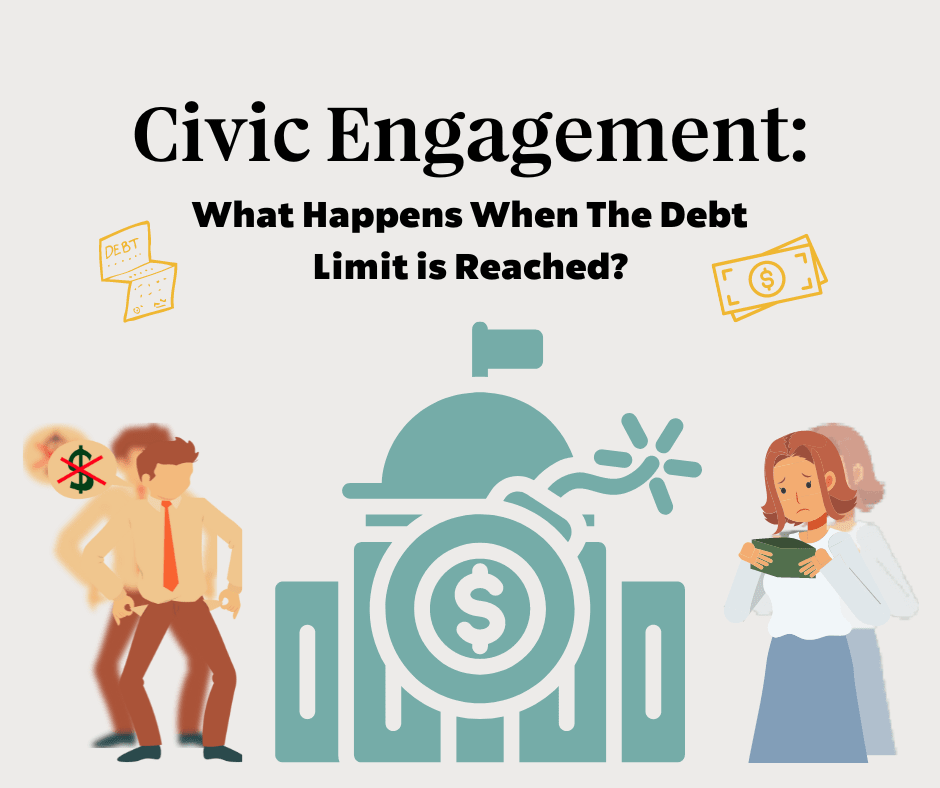
What Happens When The Debt Limit is Reached?
Debt limit increase or spending cuts?
What is the debt limit?
- The debt limit is the total amount of money the U.S. government can borrow to fund its obligations like Social Security, Medicare, military salaries, tax refunds, and national debt interest.
- The debt limit is decided by Congress. The debt limit only finances legal and financial obligations made by past Congresses and presidents, and does not fund new spending commitments.
- Since 1960, the debt limit has been raised 78 times.
What happens when the debt limit is reached?
- In January 2023, the U.S. government hit its debt limit of $31.4 trillion.
- Republicans now have a majority in the House and are using the debt limit as a bargaining tool. Republican leaders say they won’t increase the limit until Democrats and the White House negotiate deep cuts to the budget and significant changes to federal spending.
- When the debt limit is reached, the U.S. government can no longer borrow additional funds. The government may need to delay or reduce spending on programs and services, such as Social Security, Medicare, military salaries, and payroll for federal employees or pensioners.
- In a letter to Congress, U.S. Secretary of the Treasury Janet Yellen said that "extraordinary measures" are taking place to move assets around in order to avoid default, which means failing to fulfill financial obligations.
- A default by the federal government could erode investor confidence in the U.S. dollar, leading to a weaker dollar, lower stocks, and job losses.
- Now that the government has hit the debt limit, Congress must decide to raise or suspend it.
What happens when the debt limit isn’t raised?
- Congress has always taken action whenever there has been a need to increase the debt limit.
- Failure to raise the debt limit can cause the government to default on debt obligations, as there may not be enough cash to repay loans to bond holders and other creditors.
- Failing to increase the debt limit would threaten the jobs and savings of Americans and cause economic instability, both in the U.S. and around the world.
Do you support raising the debt limit or cutting back on federal spending?